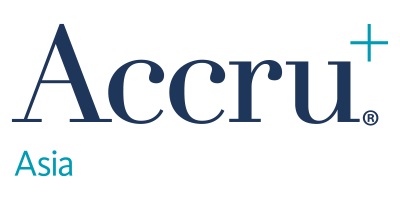
27 Jun Accounting essentials for a start up business
Accounting for start-ups
Are you new to business? There are many activities demanding your attention when starting up a new business – from product development and marketing to business planning and finance. However, you don’t want to get too far without establishing a basic accounting function.
The early stages of business are the best time to establish a structure capable of supporting your company finances and helping define your financial strategy as your business grows. At the same time, you don’t want to make your new accounting system too complicated.
Here are some key considerations to keep in mind when preparing to set up an accounting system for your start up:
1) Accounting software – Cloud based accounting software, for example MYOB, Quickbooks or Xero, will be a better option than traditional software.
2) Business bank account – Setting up a business bank account with an online bank feed to your cloud based accounting software will help to eliminate unnecessary manual processes, ease the pain of manual key-in and allow you to better manage your time.
3) Accounts Receivable – It is important to create guidelines in terms of credit given and timelines for receipt of payment from customers. An efficient receivable process will help with the cashflow of the business.
4) Payroll – Your accounting software will typically cater for payroll management. However, if you have a number of staff, it is easier to outsource your payroll so you can focus on your business. There are numerous outsourced specialists in the payroll space, including Accru.
5) Tax – Tax doesn’t only apply when the business makes a profit. Businesses must register for GST (Goods and Services Tax) and sometimes Payroll tax.
6) Budget – it is important to have a plan which enables you to estimate revenue and expenses. A budget will help with planning future cashflow needs as well as managing cashflow so the business doesn’t overspend.
7) Personal and business expenses – personal and business expenses should be kept separate. Only business expenses are deductible for tax purposes.
8) Accounting Standards – Accounting Standards specify that all expenses should be recognised as an expense when the expense is incurred unless it forms part of a capital asset or establishment cost.
Getting your finance function correctly set up from the beginning means you’ll have the right information for decision-making and find financial management much easier. For example, it is costly and time-consuming trying to unwind incorrect entries.
It’s wise not to set up your accounting system yourself if you don’t have the knowledge and skills. Getting external help from a professional is well worthwhile, especially if you are new to business (and new to a country!) Accru has assisted many business owners from start-up phase through to international expansion, including many not familiar with the Australian business environment. Please contact us if you would like to know more about how we can help you.


